Gardening Care: [Recommendations and Tricks]
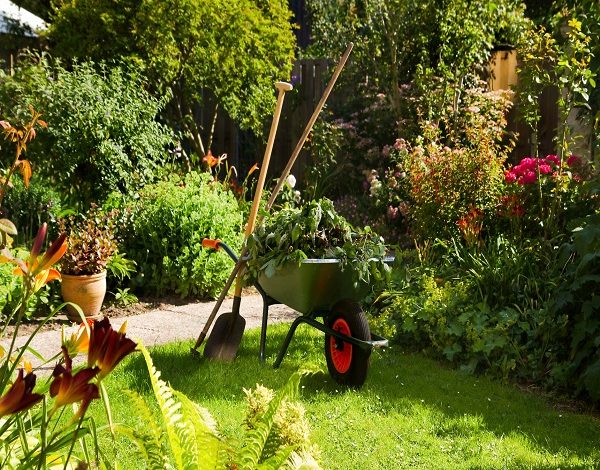
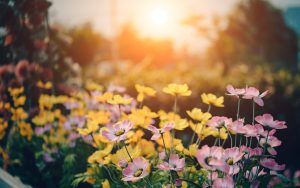 To take care of the garden of the house there are a series of basic recommendations, vital so that our plants feel like great spoiled and reach full development.
To take care of the garden of the house there are a series of basic recommendations, vital so that our plants feel like great spoiled and reach full development.
Having your own garden is a true blessing, an advantage that should be used to the maximum because the practice of gardening not only generates great satisfaction, it also helps combat climate change.
Let’s see then what are the essential guidelines to maintain a harmonic garden, of great showiness with healthy plants.
How to have a well-kept garden?
I usually
It is very important to keep soils always free of weeds, bushes or weeds, so a good cleaning routine is essential, which will also keep our plants away from the presence of bugs, while eliminating competition for nutrients.
Weeds, as their name implies, are much more than an aesthetic or visual problem, as they attract pests and can damage the quality of the soil.

Another important recommendation is to know the pH level of the soil in our garden. And it is also necessary to know every foot, every centimeter of land… For example, where there is more sun and where there is more shade.
In other words, you must have full knowledge of the characteristics of the land and how the prevailing climate in the area can also affect the success of the garden. In this way the selection of plants will be the most suitable.
Sowing
When it comes to fulfilling the most important ritual of all, the planting of our plants, it is essential to know in advance what are the most convenient planting periods for this or that species. Planting bushes, trees or bulbs is not the same.

There are different times of flowering and cultivation that guide us how to proceed. Going against the laws of nature is absolutely counterproductive.
Crossing or combinations of plants
In the case of gardens with a predominance of floral species, it is a true delight to combine showy species such as geraniums and petunias, or daisies with tulips.


Subscriber
One of the most common processes is precisely the regular fertilization of the garden. The different varieties or species of plants must be taken into account, because, for example, if it is a matter of flowering plants, then the subscriber must probably be larger and of great quality.

Obviously, there is another key factor: the time of year, because in the case of many floral species, spring and summer are especially suitable for fertilizing with preferably organic products. But others not so much.

So if we are beginners in the fascinating art of growing plant species, then it is advisable to ask for specialized advice first, in order not to make mistakes in applying the required doses of fertilizer.
Expert gardeners usually recommend that the garden be fertilized at the end of winter, without incurring excessive doses because the damage can be lethal.
Irrigation
One of the fundamental aspects is the full awareness that excess water causes the premature death of plants due to an increase in humidity levels.
In general, in gardens we must water at least twice a week for a maximum of 15 minutes.

Night irrigation has its advantages, because it prevents the premature evaporation of water, as well as sudden changes in temperature that can damage flowering plants.
And we must not forget that although irrigation for agri-food purposes is necessary to provide food for the people, it is also one of the main causes of the depletion of many natural water sources.
So taking advantage of technological advances to irrigate on a small and large scale is an obligation that cannot be postponed. The most convenient is to water under the sprinkler technique, or drip irrigation, since it helps the water to be absorbed little by little.

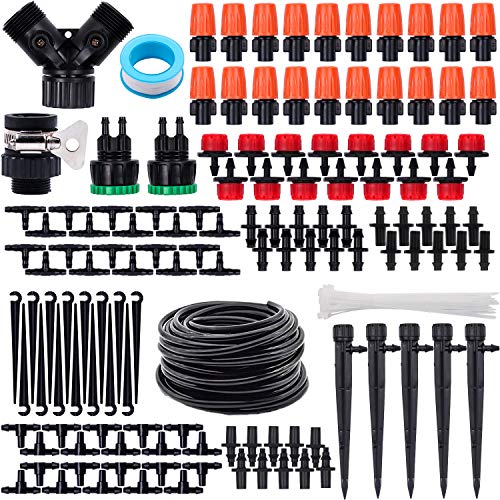
insect control
The control of pests as annoying as insects, bacteria and fungi is another task of great value for the healthy life of the garden. There is a wide range of products on the market that can help in the noble task of exterminating or keeping away bugs of all kinds.

It is always preferable to opt for those of organic origin or natural control methods.
How to have beautiful gardens?
- The first thing is to know how to choose the most suitable type of lawn and cut it during scheduled maintenance, thus preventing the proliferation of weeds. Cutting it too much is a mistake, because it weakens and diseases appear.
- The substrate or soil is essential. Preparing nutrient-rich, well-draining soil is another key to surefire success in gardening.
- Customary irrigation, respecting the humidity tolerance of the different plant species, is equally important. The substrate must be kept moist, never flooded.
- It is also necessary to fertilize when appropriate, not excessively and preferably with products of organic origin to protect the environment.
- Selecting the varieties of floral or ornamental plants is a primary task. Factors such as climate, humidity, soil type and the origin of the species are essential when selecting which plant will be better under our care.
- A natural trick with great results is to use milk diluted in water as a fungicide to prevent the appearance of fungi on plants. Spraying on leaves and flowers as an aerosol is really effective.
- The mulch technique is another cool trick that protects the floor by preserving moisture. It is a carpet or protective layer of organic material that has the virtue of preventing the emergence of weeds, while nourishing and raising the quality of the soil. Wood chips, many leaves, cut grass, straw, among others, are used.
- Plant spacing in the garden should be a sacred ritual, because overplanting does not produce positive results. On the contrary, we must respect the distance between species, so that they can have enough air to live in harmony. Piled up, without visual correspondence or positive associations, we will not have a harmonious and healthy garden.
- Another fact: the short and wide species are usually much more resistant and stable than the tall or spindly and fine or thin ones.
- Buying flowering plants that have already opened their buds is a common mistake. They are less likely to resist than if we buy one that has not.
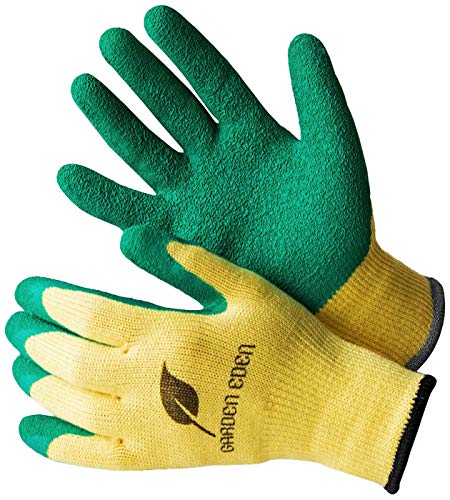
Maybe you are also interested in:


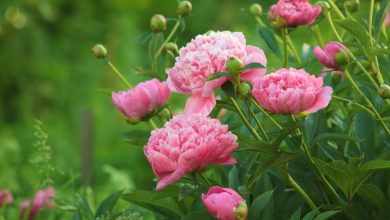

![Photo of Prickly Pears: [Cultivation, Irrigation, Care, Pests and Diseases]](https://www.complete-gardening.com/wp-content/uploads/2022/08/prickly-pears-cultivation-irrigation-care-pests-and-diseases-390x220.jpg)